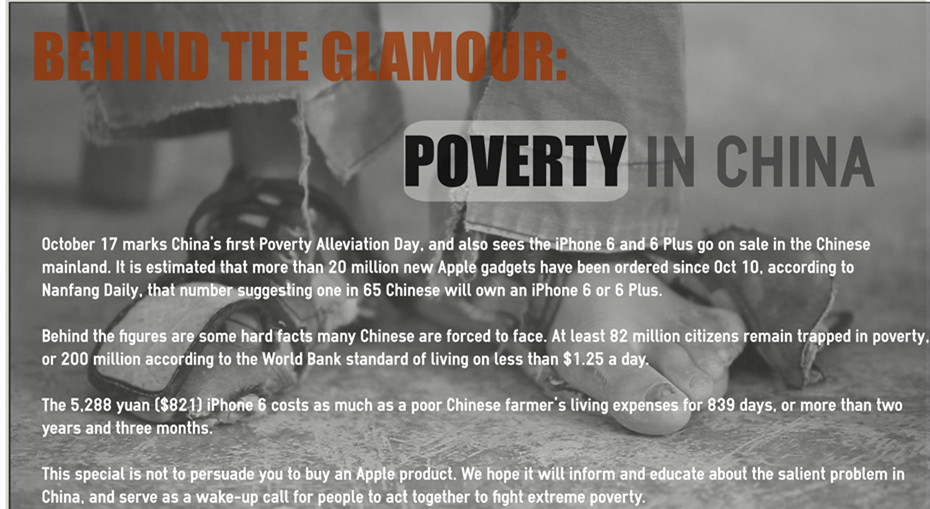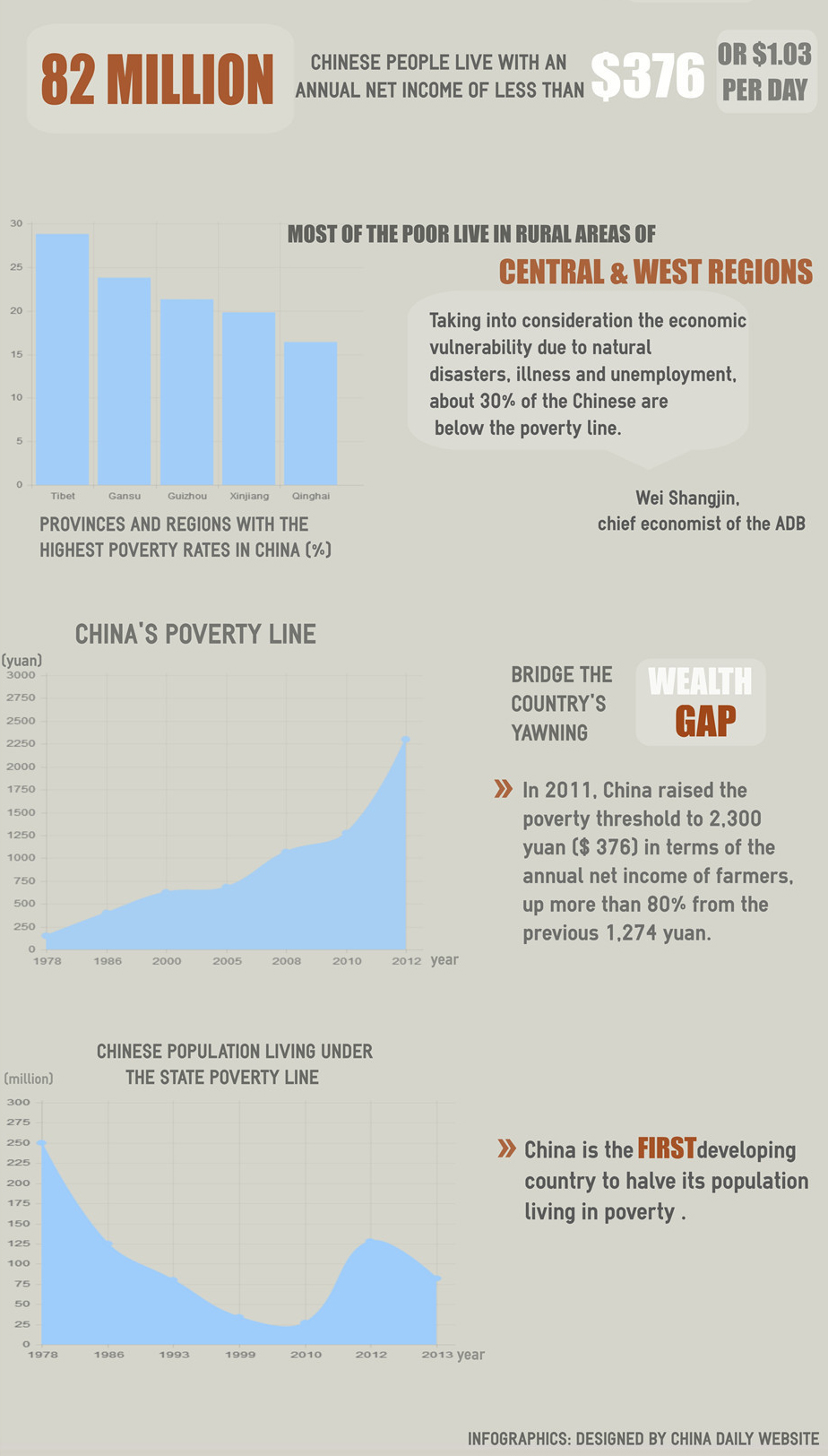talesin: China wasn't too concerned about their poor when preparing for the Beijing Olympics. Millions of people were thrown out of their homes. Like Western governments, they don't give a **** about the poor. I guess this anti-poverty initiative is good public relations, of course.
I assume you raise the points because you are wondering, how what you hear/read etc reconciles with what I've posted. So I'm going to attempt to show you Beijing.
This is Bejing circa 1900. The photographs were taken by western soldiers (British, American,- the American contingent left from Seattle, there are still, or were, photos on the internet- French, German, Italian and Japanese who had invaded China, because of anti-western civil disturbances in which western property had been destroyed. In reprisals, they destroyed some beautiful old buildings and stole many beautiful works of art.
The roads in Beijing fo the time were dirt, sewerage ran in open canals. Maybe it was similar to 19th C western cities, but that's the starting point
https://www.youtube.com/watch?v=2UZBYNGMNvE
This next video is a series of LIFE piks from 1947
https://www.youtube.com/watch?v=WGhfakG0_CU
I need to explain, that like some other places in the world, thedre is no private ownership of land. People lease the land and the buildings, unless the buildings have come to the end of their useful life. You've probably heard of the term 'slum clearance' also. Much of the housing in China pre- 1949 was sub-standard. I've walked around tenement housing near the Temple of Heaven (2003), I wanted to take piks, but was too embarrassed because it was so poverty stricken. No reticulated water, no sewerage, etc. I didn't go near Beijing around the O/Games. I happen to think the Olympics are bullsh*t, but I'm likely a minority. If people had a residential right, they were provided with modern housing, if they did not they were encouraged to go back to their villages.
Some parts of old housing could be restored and turned over to small business, you can find such streets in most modernised Chinese cities. Here's one in Beijing, taken by some tourist.
https://www.youtube.com/watch?v=qd08JxYgTRU
And another tourist video of modern Beijing in general:
https://www.youtube.com/watch?v=RH3PvfI7ELQ
I guess this anti-poverty initiative is good public relations, of course.
Which I guess, is a roundabout way of asking whether the figures are accurate or not? If we imagine that in 1949 China was destitute, then to bring prosperity to a nation would be a big ask.
As I see it (my perspective) is that the success of the communists + the other Chinese parties that joined them, in the civil war (1945-49) was based on widespread popular support. (Ask me to prove that on another thread and I'll tell you why I say that, but wait until January, please - got another exam at the end of Nov, and then want to catch up with rellies that I havn't see for a while).
They then had to deliver - to modernise China, and bring prosperity. At first, private enterprise was encouraged, and maybe things were not moving fast enough and the doctrinaire central planners in the CPC wanted to try their way. They won the chance and failed. The party reacted by removing Mao from the top job. He reacted by using his prestige to bring another revolution, (the so-called Cultural Revolution) and letting immature young people (Red Guards) attempt to enforce a return to Central Planning, etc. This was a terrible time in China, everything stopped (including education). Everyone seemed to hold their breathe, wondering what could happen next. But when Mao died the CPC reacted swiftly to try to stabilise the sutuation, and re-asserted its authority. The rest you likely know. That's very simplistic, but I could go into a booklength explanantion (supposed to be funny)
Under Mao's idea, there was what was called the iron ricebowl. You would be told what education you should have and what job you could have. Your workplace would give you a place to live at low rent, and look after your health needs etc. For some, at least, it did work and some have good memories of the time. Other's do not. Personally, I do not think that sort of economic system can work for all.
When Deng started the program of change to the present system, (announcing, that to get rich was glorious) he made a point of saying that not everyone could get rich (likely he meant prosperous) at the same time. So in the roughly 30 years since then maybe 50% have a moderately prosperous life. Clearly there are some that will never be able to cope for one reason or another.





